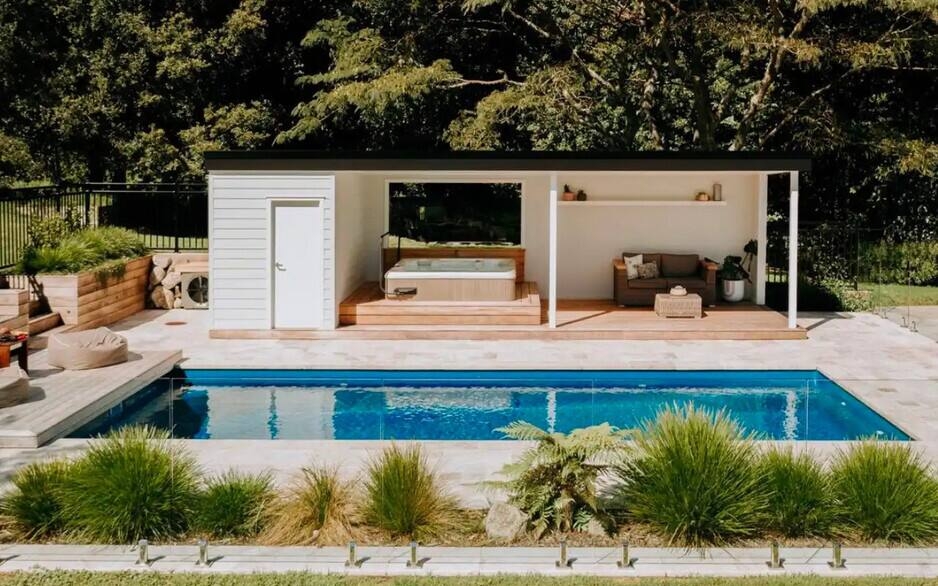

When it comes to installing a DIY plunge pool kit, one of the most important decisions you'll have to make is choosing the right location for your pool. This decision can have a big impact on the overall success and enjoyment of your plunge pool.
First and foremost, you'll want to consider the layout and size of your backyard. You'll need enough space for the pool itself, as well as any surrounding decking or landscaping. Make sure to choose a location that allows for easy access to and from the pool, as well as plenty of room for lounging or entertaining.
Next, think about sun exposure. Plunge pools are often used for cooling off on hot days, so you'll want to choose a spot that gets plenty of sunlight throughout the day. However, be mindful of any nearby trees or structures that could create unwanted shade or debris in your pool.
You'll also want to consider factors like privacy and views. Think about where in your yard you'll feel most comfortable swimming and relaxing, whether that's tucked away in a secluded corner or with a view of your garden or landscape.
Finally, don't forget about practical considerations like access to water and power sources. You'll need a nearby hose hookup for filling your pool, as well as access to electricity if you plan on installing any additional features like lights or heaters.
By carefully considering all of these factors, you can choose the perfect location for your DIY plunge pool kit installation. With the right spot picked out, you'll be well on your way to enjoying endless hours of relaxation and fun in your very own backyard oasis.
Installing a DIY plunge pool kit can be a rewarding project that enhances your backyard and provides a personal oasis. Here’s a detailed, step-by-step guide to help you through the installation process, ensuring you get the best results from your DIY plunge pool kit.
Step 1: Site Selection and Preparation Choose a suitable location for your plunge pool. Consider factors like sunlight, proximity to your house, and privacy. The site should be level and have good drainage. Once you've selected the site, clear the area of debris, grass, and rocks. Depending on your pool design, you may need to excavate the area to create a flat base.
Step 2: Lay the Foundation A solid foundation is crucial for the longevity of your pool. Most plunge pools require a concrete base. Frame the area with wooden forms, and pour a concrete slab according to the specifications of your plunge pool kit. Ensure the concrete is level and allow it to cure completely, which can take several days.
Step 3: Assemble the Pool With the foundation set, you can begin assembling your plunge pool. Most kits come with detailed instructions. Set the pool structure into the prepared foundation. Make sure it's perfectly level, as an uneven base can lead to structural issues later.
Step 4: Install Plumbing and Filtration Before you finish installing the pool, add any necessary plumbing and filtration systems. This step might include installing inlets, outlets, pumps, and heaters. It’s often recommended to hire a professional for plumbing and electrical work to ensure it complies with local codes and operates efficiently.
Step 5: Backfilling Once the pool is in place and plumbing is installed, backfill around the pool with gravel or sand, compacting it as you go to provide stability and support for the pool walls.
Step 6: Water Treatment Fill the pool with water, and then treat it with the necessary chemicals to balance the pH and sanitize the pool. This step is crucial for maintaining clear, safe water.
Step 7: Finishing Touches Add any final touches such as decking, landscaping, or exterior lighting. These elements will integrate your new plunge pool into your backyard seamlessly and enhance the overall aesthetics and functionality of your outdoor space.
Step 8: Enjoy Your Pool Once everything is set up, your DIY plunge pool is ready to enjoy. Regular maintenance will keep it clean and inviting for years to come.
By following these steps, homeowners can successfully install a plunge pool, adding value and enjoyment to their property.
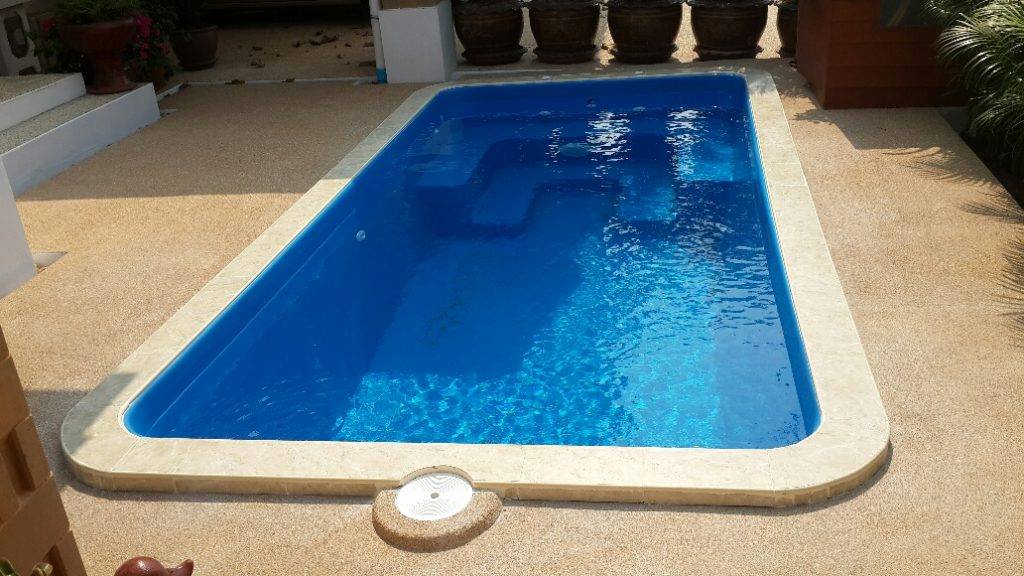
When it comes to installing a plunge pool kit, one of the biggest decisions you'll have to make is whether to tackle the project yourself or hire a professional.. Both options have their pros and cons, but one factor that often weighs heavily on people's minds is cost. DIY installation can be appealing because it allows you to save money on labor costs.
Posted by on 2024-11-25
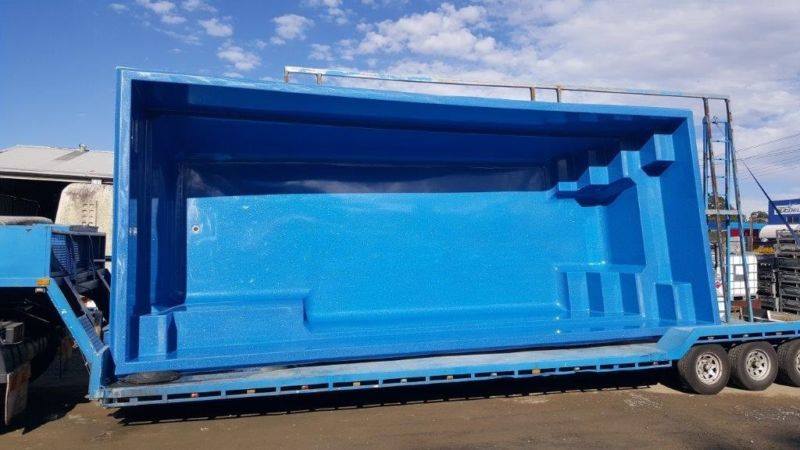
When it comes to choosing the right size and shape for your plunge pool kit, it's important to consult with a professional who can provide guidance and recommendations.. A plunge pool is a great addition to any backyard, but getting the size and shape just right is crucial for both aesthetics and functionality. A professional can help you consider factors such as the available space in your backyard, your budget, and how you plan to use the plunge pool.
Posted by on 2024-11-25
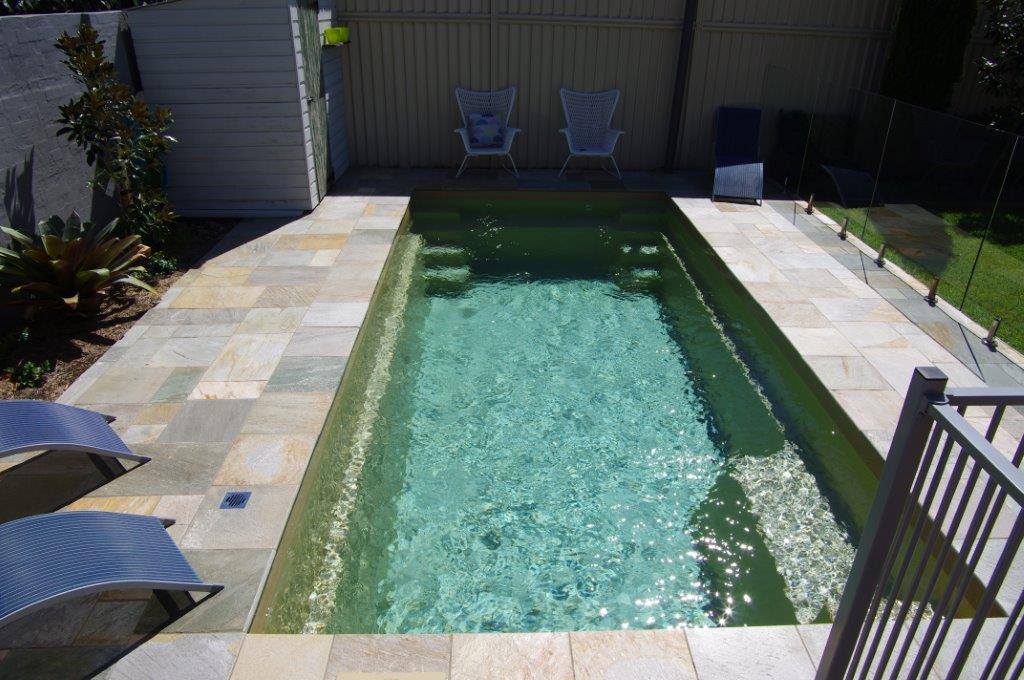
When it comes to creating a relaxing and stylish outdoor space, incorporating a plunge pool kit can be a fantastic idea.. Not only does it add a touch of luxury, but it also provides a refreshing oasis for you to enjoy during the hot summer months. To ensure that your plunge pool stays in top condition, it's important to follow maintenance and care guidelines.
Posted by on 2024-11-25
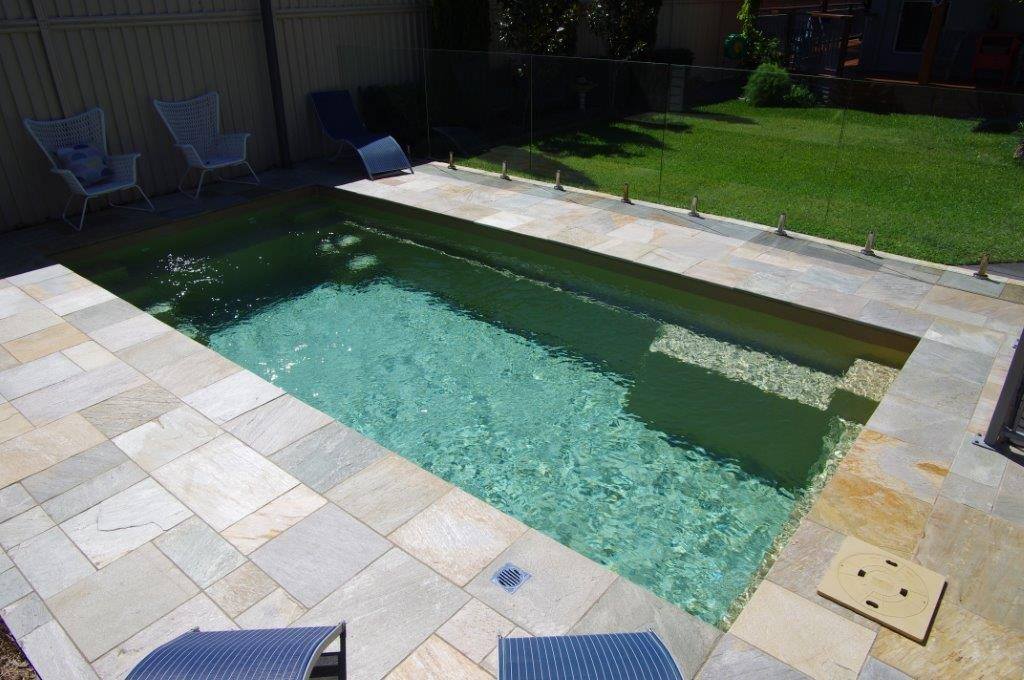
Keeping your plunge pool kit clean and well-maintained is crucial for ensuring its longevity and optimal performance.. One of the most important maintenance tips is to schedule regular professional maintenance checks to ensure all components are functioning properly. By having a professional inspect your plunge pool kit on a regular basis, you can address any issues before they become major problems.
Posted by on 2024-11-25
| Neerabup Perth, Western Australia | |||||||||||||||
|---|---|---|---|---|---|---|---|---|---|---|---|---|---|---|---|
 Agricultural land on Wattle Avenue | |||||||||||||||
 | |||||||||||||||
| Coordinates | 31°41′28″S 115°46′37″E / 31.691°S 115.777°E | ||||||||||||||
| Population | 112 (SAL 2021)[1] | ||||||||||||||
| Postcode(s) | 6031 | ||||||||||||||
| Area | 34 km2 (13.1 sq mi) | ||||||||||||||
| Location | 36 km (22 mi) from Perth CBD | ||||||||||||||
| LGA(s) | City of Wanneroo | ||||||||||||||
| State electorate(s) | Mindarie | ||||||||||||||
| Federal division(s) | Pearce | ||||||||||||||
| |||||||||||||||
Neerabup is a rural locality in Perth, the capital of Western Australia, within the local government area of the City of Wanneroo.
Prior to European settlement, the Noongar people had lived in the area for more than 40,000 years, taking advantage of the abundant food and water around the chain of wetlands on the coastal plain. In winter, they moved eastwards away from coastal weather, to return in summer as inland supplies dried up. The Mooro people (led by elder Yellagonga during the early years of European settlement) stretched from the Moore River near Guilderton to what is now the Perth central business district, and used to move between Lakes Joondalup, Neerabup and Yanchep.
In 1865, European settlers established the Aboriginal tracks as a stock route from Dongara to Fremantle, travelling along the west side of the lakes. Lake Neerabup was first recorded by surveyor J. Cowle in 1867, the name being a Noongar word which possibly means "swampy place" or "small basin". The part of the stock route between Joondalup and Yanchep is now part of the Yaberoo Budjara Heritage Trail, part of the Bicentennial Heritage Trails Network established in 1988.[2]
The area was often spelled Neerabub, especially by postal and telecommunications authorities, until as recently as the 1960s. It was approved as a suburb name in 1982.[3]
Neerabup is bounded by Wattle Avenue to the north, the Mitchell Freeway to the west, Pinjar Road to the east and Flynn Drive and Burns Beach Road to the south.[4]
Neerabup's population was not measured at the 2001 Australian census.[5]
Neerabup is a sparsely populated agricultural suburb. Several plant nurseries, a fruit and vegetable shop at Menchetti Road and the Neerabup Lake wetland are situated along Wanneroo Road. The western strip between Wanneroo Road and the proposed Mitchell Freeway is approximately the southern half of the Neerabup National Park. The area also contains a golf course, small wineries, a small industrial area on Flynn Drive and several sand and limestone quarries.
Neerabup is home to the Wanneroo Raceway, a 2,411-metre (1.498 mi) road racing circuit. Wanneroo Raceway, which opened in 1969, is the home of motor racing in Western Australia and hosts an annual round of the Supercars Championship.
Neerabup is also home to the Pinjar Park Speedway which opened in 2005. Pinjar Park is a 142-metre (155 yd) Motorcycle speedway which regularly hosts national and international meetings and caters to both senior and junior solo and sidecar racing. Pinjar Park is considered small for a speedway in Australia, with most tracks around the country ranging from 350 metres (380 yd) to 600 metres (660 yd) in length. For the bikes, the speedway replaced the old 550-metre (600 yd) Claremont Speedway which had run from 1927 until 2000, and the Bibra Lake Speedway which closed in 2004.
Neerabup is not served by public transport. The nearest Transperth bus service is the 391 between Joondalup train station and Carramar 2 kilometres (1.2 mi) to the south. These services are operated by Swan Transit.
Neerabup's political leanings are unclear due to its small size and the lack of a polling booth. The nearest large booths tend to favour the Australian Labor Party historically, although most have been won by the Coalition in recent times, especially at federal level.